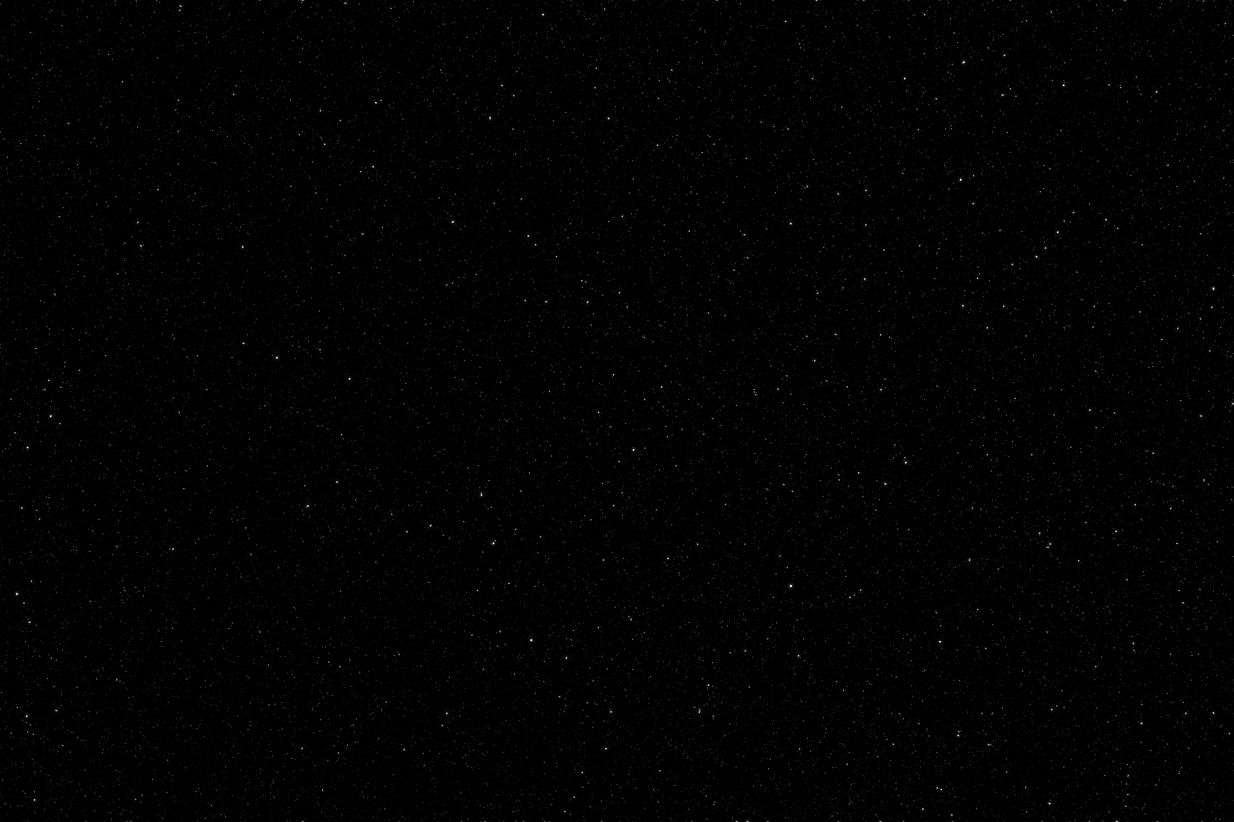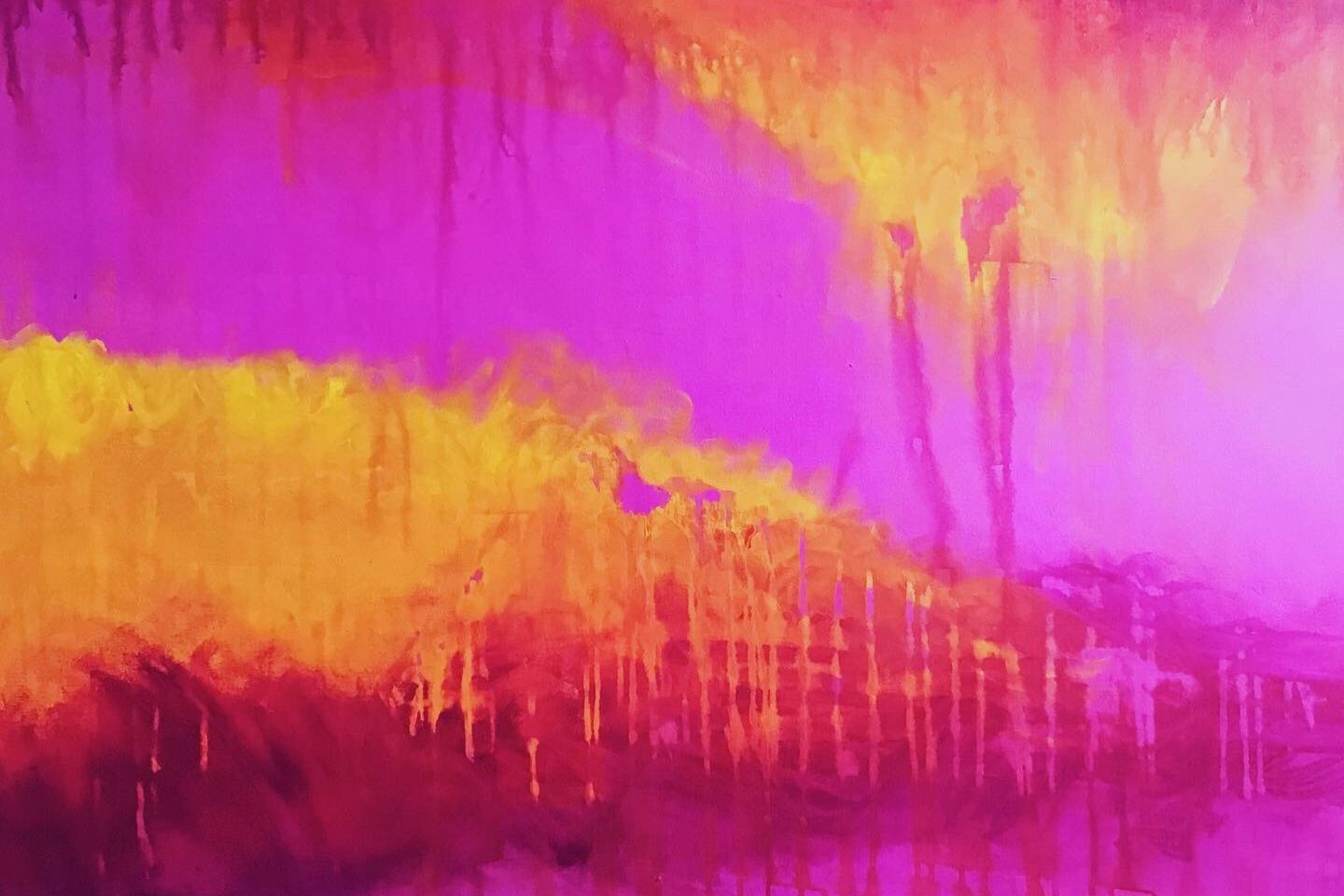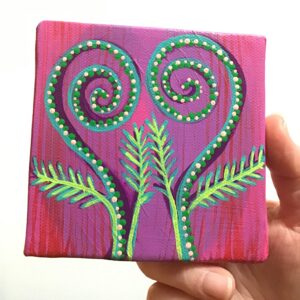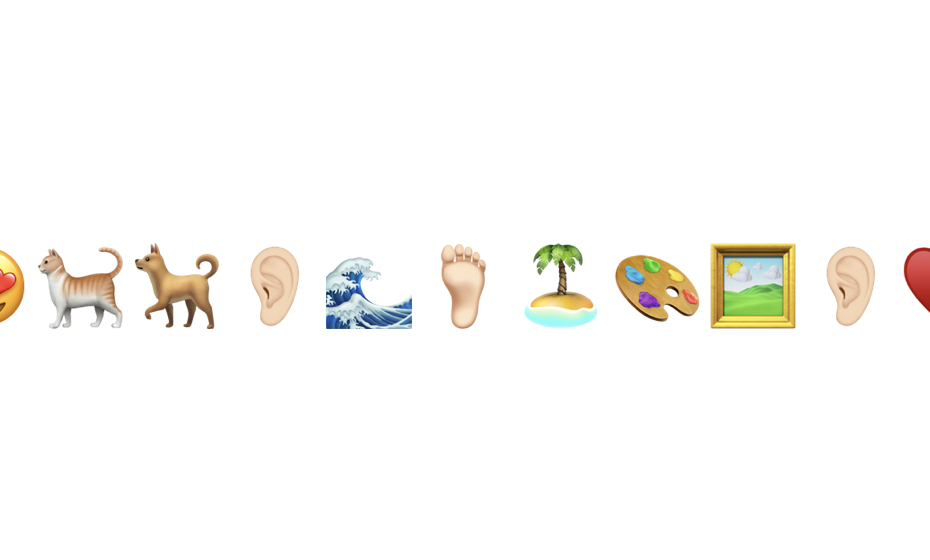This post was originally published as an assignment for INFO 287 Seminar in Information Science: The Hyperlinked Library at the School of Information at San José State University.
Dr. Stephens’ “Talk About Compassion” essay got me thinking about how, where, and when to share what can possibly feel like TMI. He writes about how caring for an aging pet can teach us a lot about ourselves and how we respond to others. Stephens questioned if mentioning the care of and eventually loss of Dozer is it appropriate to mention his classes and concluded that yes indeed it is. Through the process of caring for others, even our fur family can lead us to be more compassionate professionally. Where libraries are for everyone, it is important to remember everyone is going through something. Thus, it is very relevant to recognize that we need to permit ourselves to practice some self-compassion. Transparency is an essential component of the Hyperlinked Library model. On an organizational level, it makes a lot of sense for the institution to be transparent. It can be much more difficult to decide how transparent to be with ourselves. Perhaps some level of translucence is more achievable.
Mourning the loss of what we had or could have had is something we will repeatedly experience throughout our lives. February 2019 – March 2021 marked the longest, most painful, and reflective time of my life. My family’s life. Beginning with the sudden death of my stepson which plunged us into impalpable emptiness. Then, just as a glimmer of light came back into focus, a global pandemic shut the world down again. During the 18+ months where all of our lives changed, mine was already emotionally paralyzed. As thousands lost their family members, we faced a reality that somehow felt less significant. Three of our beloved family pets had reached an age where we knew we didn’t have much time left with them. Like glass dominos, they each fell. First, our 10-year-old cat to cancer. Then, our 17-year-old dog, and finally our 18-year-old cat. The caretaking of these ailing animals was a 24/7 job. As each one passed, it felt like more of a relief than a loss. During my third visit to the “euthanasia room” at the vet’s office, the vet looked at me with weary eyes and said, “I just know how you can keep it together, I have seen you in this office too many times this year”. I hadn’t even allowed myself to consider the immeasurable loss we had experienced over and over. It felt trivial at a time when there was so much suffering going on around the world. I think I reached a point where I experienced so much loss, so much what could have been, so much can’t do this anymore or ever again. With each ending, it felt as if the darkness couldn’t feel any darker than right now. Only to discover that there are no limits to how deep that darkness reaches.

This time period truly became one of reflection. Reflection was simply the only coping mechanism available at a time when everything was closed. My normal mode of mental health cleansing is a trip to the ocean just to stand and take a breath, just as described by Michael in the lecture for this module. There is something truly magical about the deafening silence of the beach. The wind and the roar of the sea. It is so easy to be alone in your thoughts, even if you are in a crowd. The ocean demands your total attention. Its waves pull at your feet as if sucking all your worries out through the tips of your toes.
But, due to the travel restrictions both mandated and self-imposed, this was not an option. I turned to my normal private remedy of finding mindfulness through painting. My artwork took an entirely new direction. Paintings with much more feeling and less detail emerged. Blended, runny, messy colors replaced the precise and measured technique that had become my signature style.

After years of working in libraries, I had been toying with the idea of pursuing an MLIS. The empty void of mourning and stillness during this time pushed me to enroll. Simply because I needed something to make me think. Something that would make me look ahead. Something that would be a beginning instead of an end. I have to admit, up until the start of this class, I was becoming disenchanted with this decision. I was increasingly frustrated by how some aspects of the profession were responding to the pandemic. I had resigned to the idea that I had no desire to work with people anymore. I wanted to find a remote job where I would only deal with data, online interfaces, and virtual interactions. And frankly, I was really irritated that being a graduate student meant I no longer was able to find time to paint.

This course has demanded that I open my heart up to people again.
I found myself falling back in love with public libraries (especially the libraries in Scandinavia and Anythink!). Libraries are emotional places. The work library folk do for their communities is inspirational. But I also know that this work is as difficult as it is rewarding.
As I reflect on my own journey in and out of darkness, I know I’ve lived these experiences in order to draw upon them. They strengthen my emotional intelligence and the S.P.A.C.E. I will choose to use my personal and professional life.
Of course, kittens help too!
* I practice self-reflection by loving my cats and dogs, listening to the ocean with my toes in the sand, creating art, listening with my heart open with love and care.
